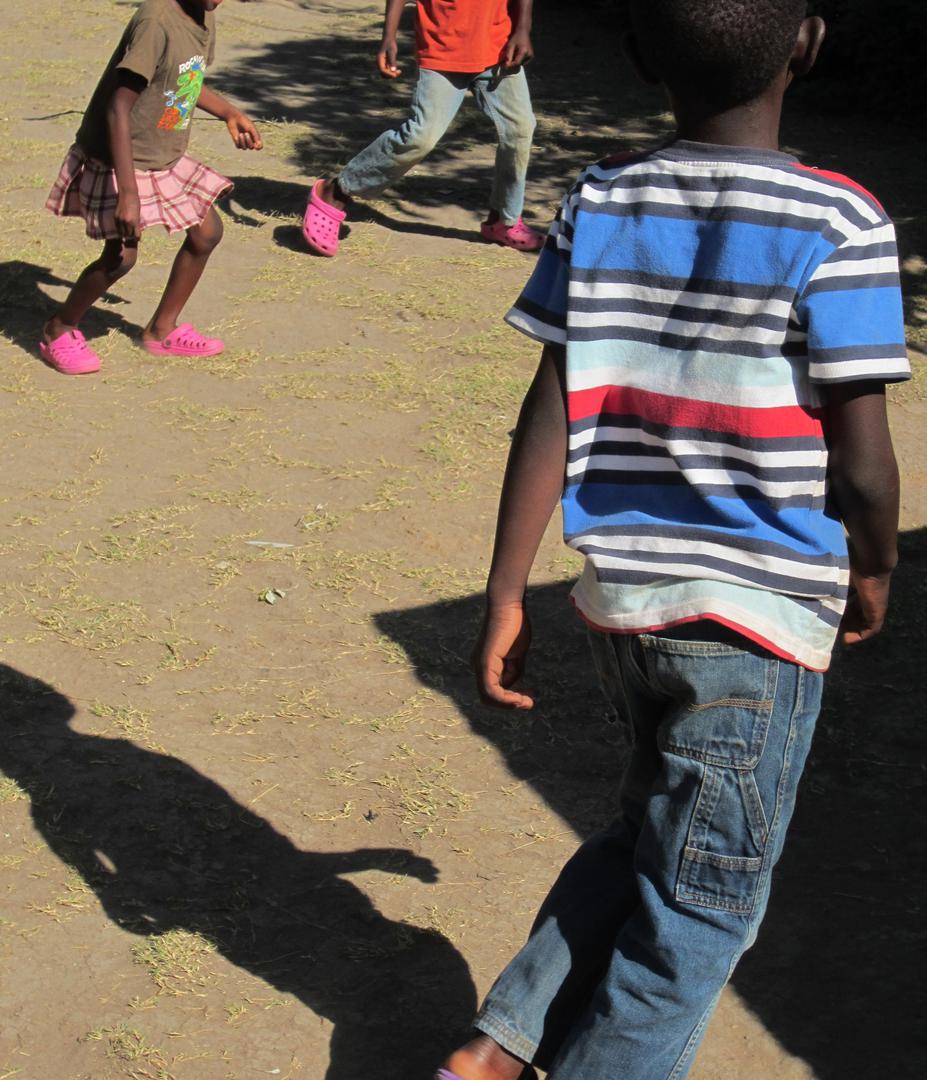On World Environment Day, Kabwe’s Children Still Await Clean-Up
This June 5 is World Environment Day, which kicks off the “United Nations Decade on Ecosystem Restoration”.Ecosystem restoration is about preventing, halting and reversing environmental damage.

. It is hugely important globally but especially in Zambia, where mining and other economic activities have caused significant harm. Take the case of lead mining in Kabwe: from 1904 to 1994, the city was home to a mine and smelter that polluted the environment with extremely high levels of toxic lead.
The mine was originally owned by British colonial companies, including Anglo American, and later nationalized. Even though the mine closed 26 years ago, there was never a comprehensive clean-up—the land remains degraded and polluted.
The former mine area contains over 3 million tons of waste from the mining process and about 2.5 million tons of waste from the smelter. Lead dust from these waste dumps, which are not covered, continues to blow over to nearby residential areas and threaten community health. An estimated 76,000 Kabwe residents live in lead-polluted homes, backyards, schools, play areas, and roads. Animals are also contaminated with lead.
The matter is urgent and the problem grows every day. A baby born today in Kabwe risks severe illness due to the extremely high levels of toxic lead deposited decades ago. Zambia’s government has a responsibility to ensure that people can live in a clean and safe environment in Kabwe, and that everyone’s right to health is protected. People who have suffered harm from the toxic lead pollution in Kabwe have a right to a remedy, including access to health care and adequate, effective and prompt reparation. Lead is a heavy metal so toxic that there is no known safe level of lead exposure, according to the World Health Organization. It can cause hearing loss, vision loss, high blood pressure, IQ deficits, behavioral problems, and even coma, convulsions, and death. Children are especially at risk because their bodies are still developing and absorb proportionally more lead than adults. A 2018 medical study estimated that over 95 percent of children in townships exposed to lead from the Kabwe mine have elevated blood-lead levels, and about half of children in the townships have such high blood-lead levels that they urgently require medical intervention. Adults are also affected, with particular risks during pregnancy.
The Zambian government is taking some steps to tackle the problem. In particular, it has begun testing and treating children affected by lead in Kabwe with a loan from the World Bank. By last December, over 8,700 children had been tested at clinics, and some were receiving treatment. It also plans to remediate homes. But its efforts do not address the source of the contamination—the mine waste. If the waste is not cleaned up, progress made could be quickly reversed, as it will continue to spread its toxic dust across the area. Children who have been treated will be poisoned again as they return to polluted homes and schools. Rather than tackling the waste piles head-on, the government has licensed further mining and reprocessing activities that pose additional health risks. In addition to the current efforts, the government should embark on a comprehensive remediation and land restoration program at Kabwe mine, waste piles, and surroundings—with the support of donors and companies. That would be the proper way to begin the new UN Decade for Ecosystem Restoration. .. Juliane Kippenberg is associate children’s rights director at Human Rights Watch, and Namo Chuma is Country Director of Environment Africa/Zambia.
Read the full article at the original website
References:
- https://www.decadeonrestoration.org/
- https://www.ohchr.org/en/professionalinterest/pages/remedyandreparation.aspx
- https://www.who.int/news-room/fact-sheets/detail/lead-poisoning-and-health#:~:text=There%20is%20no%20known%20'safe,symptoms%20and%20effects%20also%20increases.
- https://www.sciencedirect.com/science/article/abs/pii/S0013935117316614
- https://www.worldbank.org/en/news/feature/2020/12/17/living-with-lead-in-zambia-creating-hope-for-the-children-of-kabwe
